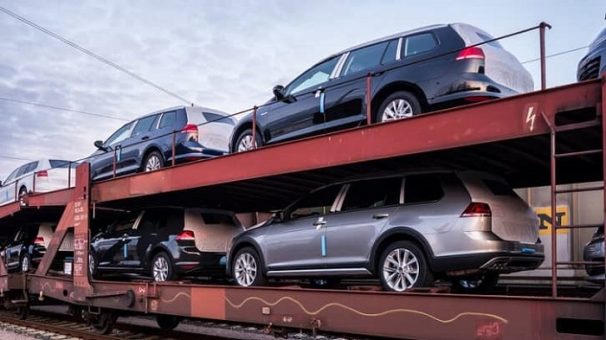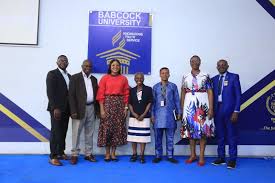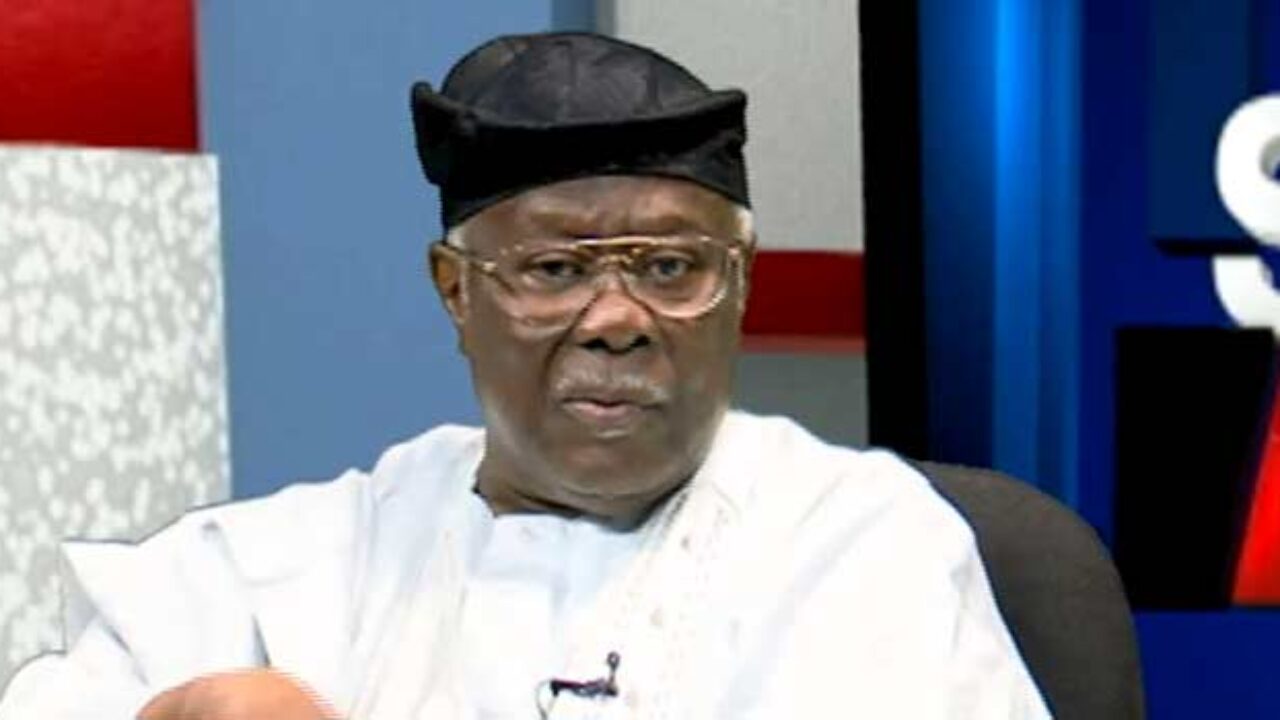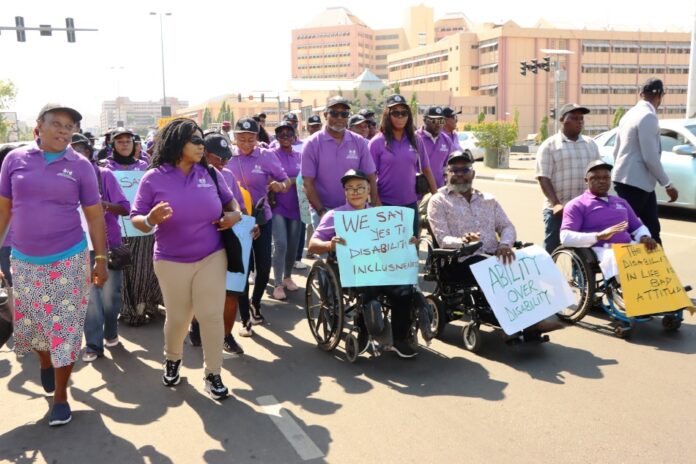Democracy is Bleeding Not Dying: Why Nigeria Must Reject Military Romance
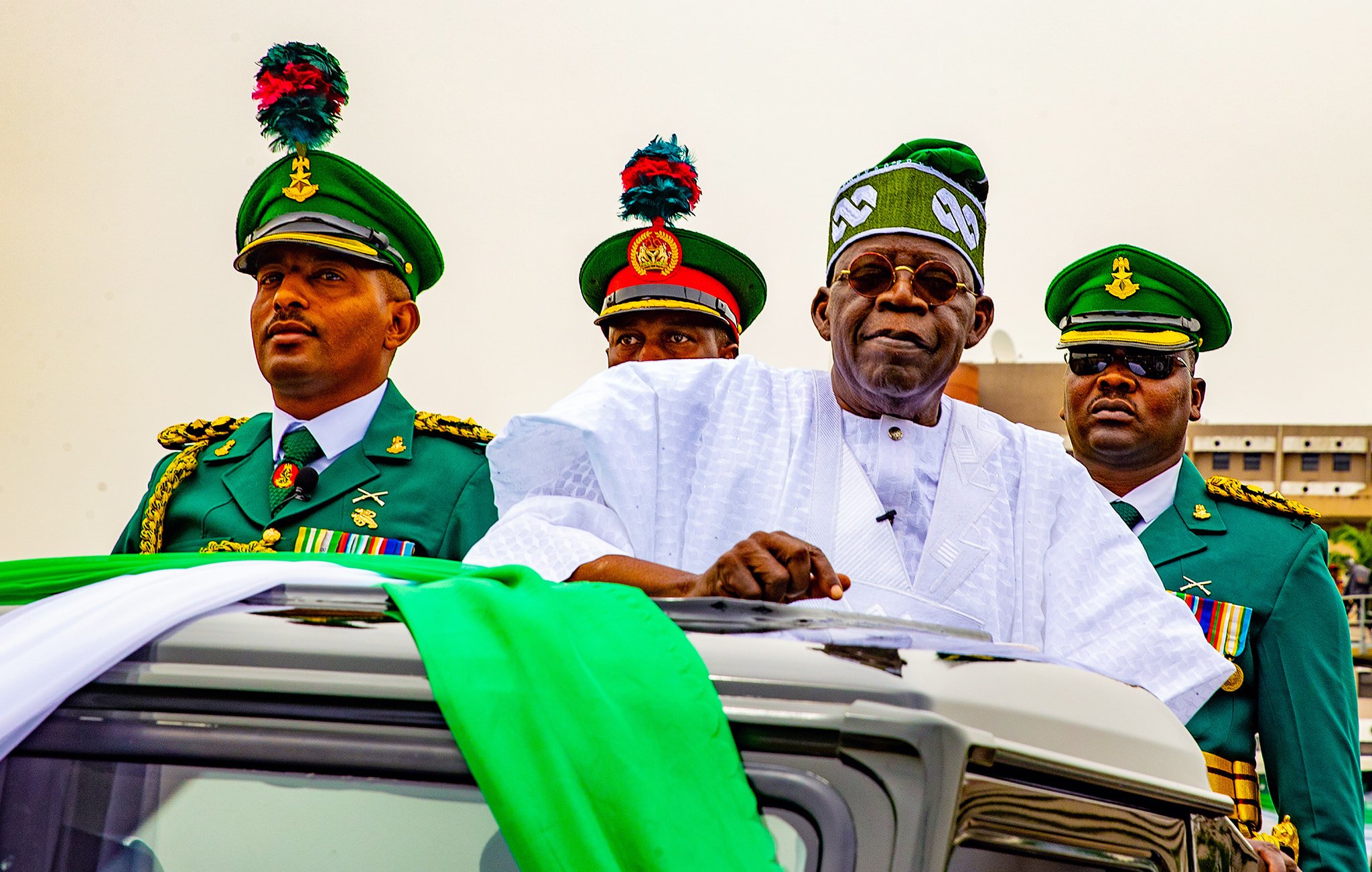
In October, Nigeria once again found itself staring into the abyss of military intervention in politics.
Reports of a thwarted coup attempt shook the nation, reminding citizens of the fragile nature of our democracy and the ghosts that continue to linger from our past. Sixteen military officers were named as being linked to the alleged plot, and the list is being alleged to be extended to 42. Soon after, the Tinubu administration announced the retirement and reshuffling of key service chiefs. The timing led many to assume a connection, though there has been no official confirmation that the changes were directly tied to the coup scare.
Amidst these developments, reports also emerged that a prominent South South politician, former Bayelsa governor Timipre Sylva, had gone into hiding after the raid of his residence in connection with the investigation. His associates deny wrongdoing and insist he is being targeted. Regardless of the speculation and competing narratives, one thing is clear. Nigeria stood perilously close to the return of military rule, and the reactions from citizens revealed deep political frustration.
For many Nigerians, the democratic experiment feels increasingly like a burden. Years of poor governance, economic hardship, corruption, rising insecurity, and political insensitivity have pushed a desperate public to see the military as a possible cure. On social media and in conversations across the country, some citizens expressed excitement, even hope. They argued that democracy has failed and that a brief corrective intervention could rescue Nigeria from its political dysfunction. That sentiment, though understandable in a climate of poverty and disillusionment, is profoundly dangerous. Nostalgia for the military ignores the brutal reality of Nigeria’s past and the persistent failings of the institution today.
Nigeria’s military is far from a disciplined, people-centred force. Even out of power, its conduct has been stained with corruption scandals and human rights abuses. Billions of dollars allocated for arms and equipment have vanished over the years, undermining national security and fuelling insurgencies. The memory of the Dasuki arms procurement scandal is not distant history. It is a reminder that even at moments of national crisis, powerful figures within the security establishment exploited their positions for personal gain while troops on the front lines lacked ammunition, gear, and support.
Reports have circulated that one of the officers named in the 2025 coup attempt had faced past disciplinary action for diversion of military property and funds during counterinsurgency operations in the North East. While the details are still emerging and require verification, the suggestion alone should force sober reflection. If corruption is already so pervasive without political power, how much worse would it be with the guns and the government in the same hands.
Beyond corruption lies the issue of brutality. Nigeria’s military has repeatedly demonstrated a troubling disposition toward violence against civilians. The scars of Zaki Biam, where hundreds of Tiv civilians were killed in 2001, still ache in communal memory. The Odi massacre in Bayelsa State in 1999 remains one of the most devastating examples of the military’s heavy-handedness, with civilians killed and a town razed in retaliation for the death of soldiers.
More recently, the 2015 Zaria killings saw over a thousand members of the Shia community slain, their bodies reportedly buried in mass graves. Across the North East, North West, and Middle Belt, countless reports of extrajudicial killings, torture, unlawful detention, and abuses against communities have been documented. Even at routine checkpoints in cities, young Nigerians have recounted harassment, humiliation, and violence. This is not an institution prepared to govern a democratic society. This is a force still wrestling with its culture of impunity.
Those who romanticise military rule forget the suffocating darkness of past regimes. The coups and countercoups that began in 1966 led to decades of suspended constitutions, banned political parties, crushed dissent, economic mismanagement, and state-sanctioned terror. Journalists were jailed, activists were killed, public servants lived in fear, and the country stagnated. The execution of Ken Saro Wiwa and the Ogoni Nine, the imprisonment and death in custody of Moshood Abiola, and the silencing of civil society during the Abacha era are painful reminders of what it means to hand the state to men in uniform. These were not eras of discipline and prosperity. They were eras of repression and decay.
Democracy, despite its imperfections, provides avenues for correction and reform. Nigeria has faltered, but it has also shown signs of growth. The peaceful transfer of power from an incumbent ruling party to an opposition candidate in 2015 signalled democratic maturity. Judicial interventions have overturned fraudulent elections. Civil society movements, from the Not Too Young To Run campaign to the EndSARS protests, have proven that citizen pressure can reshape policy and demand accountability.
Activism in Ghana, which strengthened electoral institutions and fostered credible polls, and civic engagement in South Africa, where citizens routinely challenge government excesses through courts and civil resistance, offer lessons for Nigeria. When citizens organise, participate, protest peacefully, demand transparency, and hold leaders accountable, democracy responds. It may do so slowly and painfully, but it does evolve.
The answer to democratic failure is not authoritarian nostalgia but citizen empowerment. Nigeria must deepen electoral reform, strengthen institutions, and build a culture where leaders fear citizens, not the other way around. It must invest in civic education, support independent media, hold security forces accountable, and champion justice for victims of state violence. Above all, Nigeria must remember that the military exists to protect sovereignty, not govern the people. A soldier’s role is to defend the constitution, not replace it.
The anger Nigerians feel toward the current state of governance is justified. The desire for change is righteous. But change will not come through the barrel of a gun. It will come through persistent civic action, strategic political participation, and the relentless demand for accountability. The darkest moments in our history warn us that military rule, no matter how it begins, ends in suffering. Our duty as citizens is not to cheer uniforms in moments of frustration, but to repair and safeguard the democracy we have fought so hard to build.
Ndi Kato is a political analyst, commentator and gender advocate challenging the systems that shape governance and social progress






